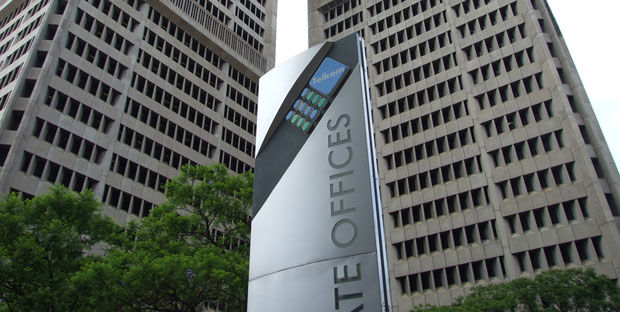
Telkom and its former subsidiary, Nigeria’s Multi-Links, have won a high court order setting aside arbitration proceedings with Blue Label Telecoms and paving the way for a bruising court battle in which Telkom is seeking $528m in damages from Blue Label.
Telkom is claiming the damages in relation to a “super dealer agreement” signed between Multi-Links and Blue Label subsidiary African Prepaid Services (APS).
The operator has also accused the former MD of its international business unit, Thami Msimango, and well-known businessman Mthunzi Mdwaba of violating South Africa’s anticorruption laws. Telkom is claiming $6m in damages from Msimango personally. Msimango was CEO of Multi-Links between February 2009 and February 2010.
According to court papers filed by Telkom, Mdwaba and Blue Label conspired to work with Msimango and possibly other senior Telkom and Multi-Links employees, to ensure the agreement between Multi-Links and Blue Label was to the “substantial commercial disadvantage of Telkom”.
The JSE-listed telecommunications operator has alleged that the conduct of Mdwaba, Msimango and Blue Label constituted an offence under section three of the Prevention and Combating of Corrupt Activities Act in that Blue Label gave a 49% shareholding in APS Nigeria and a “commission” of $2m to Mdwaba, or his company Citadella, in order to influence Msimango and possibly other senior officials at Telkom and Multi-Links.
The investment in Multi-Links proved to be a disaster for Telkom — it poured more than R10bn into the Nigerian company with little financial return to show for it. In 2011, Telkom agreed to sell Multi-Links for $10m to an affiliate of Helios Towers Nigeria.
Arbitration proceedings between APS Nigeria and Multi-Links were set to take place in the first quarter of 2014. APS Nigeria filed a claim of $481,2m (later reduced to $457m); Multi-Links filed a counterclaim of $123m. The latest high court order, handed down last week, has set aside these proceedings.
Counsel for Telkom and Multi-Links argued, among other things, that the arbitration proceedings should not go ahead to avoid parallel processes, to avoid the risk of different conclusions between the arbitration and high court cases, and to save costs. — (c) 2013 NewsCentral Media




